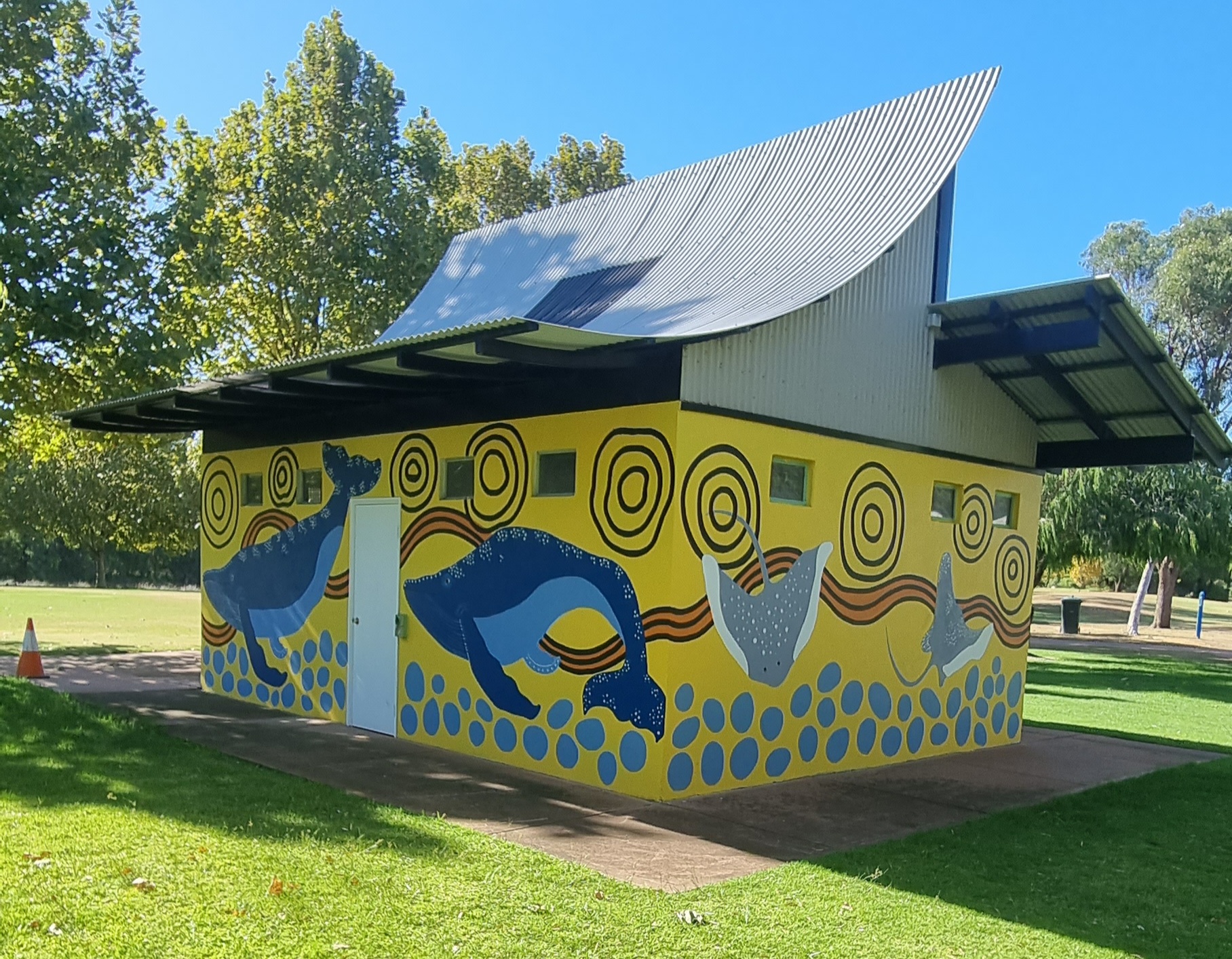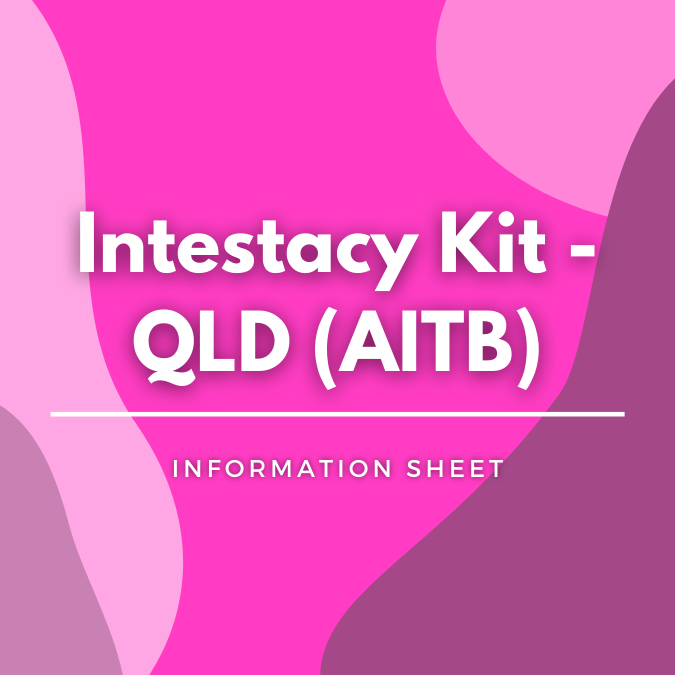Reconciliation in action on the international stage

As a fitting embodiment of the persistence and compromise necessary for reconciliation in action, a new international treaty about patents, genetic resources and associated traditional knowledge has been achieved. The extraordinary efforts of Indigenous peoples from around the world was key to the outcome.
Along with 1,200 registered delegates and 90 accredited observer organisations, Arts Law’s Jo-Anne Driessens who has traditional connections to Guwa people and Yalangi and Yimithirr people, participated for the third time in the World Intellectual Property Organization’s (WIPO’s) Intergovernmental Committee on Traditional Knowledge, Traditional Cultural Expressions, Genetic Resources and Folklore (IGC) held in Geneva on 13 to 24 May 2024.
On the final day of the Diplomatic Conference, a new treaty that obliges patent applicants in member states to disclose the use of genetic resources and associated traditional knowledge was established. WIPO describes the significance of the treaty:
“Broadly, where a claimed invention in a patent application is based on genetic resources, each contracting party shall require applicants to disclose the country of origin or source of the genetic resources. Where the claimed invention in a patent application is based on traditional knowledge associated with genetic resources, each contracting party shall require applicants to disclose the Indigenous Peoples or local community, as applicable, who provided the traditional knowledge.”
You can read more about the treaty and its history here.
The new treaty adopted in the Diplomatic Conference is at the intersection of intellectual property law and Indigenous peoples’ knowledge. It is the result of years of often slow-moving, always contentious, sometimes frustrating, and more recently, extraordinarily inspiring discussion, negotiations and debate. The outcome has been described as ‘groundbreaking’, ‘historical’ and ‘landmark’.
Years in the making, the treaty was formed with input from the Indigenous Caucus including representatives from around the world. The commitment of the treaty to the full and effective participation of Indigenous peoples and local communities means it may be a crucial step towards the realisation of justice for Indigenous peoples within international law-making. It also reflects the incredible tenacity, perseverance, commitment and passion amongst the diverse range of participants within the Indigenous Caucus.
For Jo and Arts Law, involvement in these international discussions has been a source of hope. Jo’s participation has contributed to ensuring that voices from the Indigenous Caucus were heard throughout proceedings, standing ground, not conceding, with dignity and strength. Jo and Arts Law engaged in preparatory discussions with personnel from IP Australia, who remained supportive and committed throughout the process, and with the Indigenous Caucus, who put in hours and hours of work in the lead-up to the Diplomatic Conference.
Arts Law thanks Elders; longstanding and emerging First Nations leaders in Australia; and all participants in the Indigenous Caucus and the IGC. We also recognise and thank allies in member states and within WIPO who helped ensure this treaty got across the line. We recognise our privilege in being involved throughout the years and look forward to continuing to do so in the years to come. We look forward to seeing this reconciliation in action work continue.




